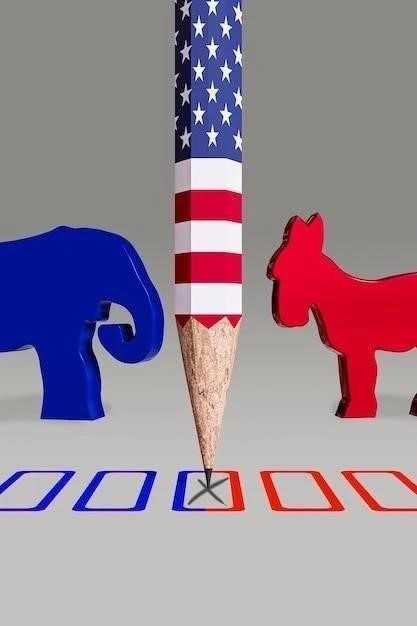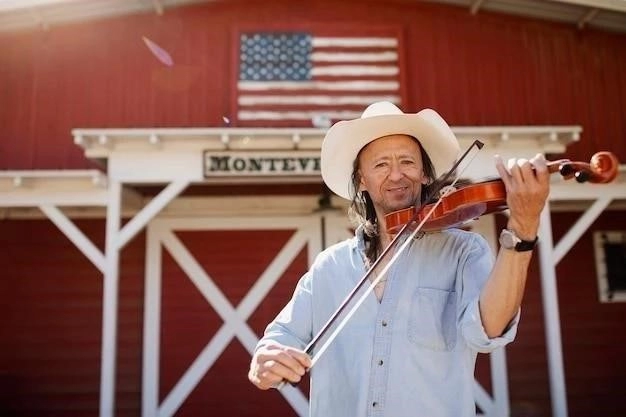Challenges to American Democracy in the 21st Century

The 21st century has ushered in a period of unprecedented challenges to the ideals and functionality of American democracy. The rise of hyper-partisanship, fueled by social and political polarization, erodes public trust in institutions and elected officials. Simultaneously, concerns over voting rights, election integrity, and the influence of misinformation campaigns, often amplified by evolving media landscapes, pose significant threats to the very fabric of democratic processes. Navigating these multifaceted challenges is paramount to ensuring a resilient and thriving democracy for future generations.

Erosion of Public Trust and the Rise of Polarization
A palpable erosion of public trust in government institutions and elected officials has emerged as a defining characteristic of contemporary American democracy. Fueled by a confluence of factors, including economic disparities, social anxieties, and a rapidly evolving media landscape, this decline in trust has coincided with and been exacerbated by a sharp rise in political polarization.

The United States has historically witnessed periods of partisan division, yet the current climate reflects a particularly stark and entrenched form of polarization. Ideological divides have extended beyond policy disagreements to encompass fundamental values, identities, and perceptions of reality. This trend is magnified and exploited by a media ecosystem increasingly fragmented along partisan lines, often prioritizing affirmation over factual reporting and contributing to the spread of misinformation and disinformation.
This convergence of declining trust and heightened polarization poses a significant threat to the health of American democracy. As trust in government institutions erodes, so too does faith in the ability of those institutions to effectively address societal challenges and represent the interests of the citizenry. This can lead to disengagement from the political process, apathy, and a susceptibility to populist rhetoric that preys on existing fears and anxieties.
Moreover, the hyper-partisan environment fosters an “us versus them” mentality, hindering constructive dialogue, compromise, and the ability to find common ground on critical issues. Policy debates become increasingly intractable, legislative gridlock becomes the norm, and the very foundations of democratic governance – built upon compromise, collaboration, and respect for differing viewpoints – are undermined. Addressing this erosion of trust and mitigating the forces of polarization is essential for ensuring a vibrant and sustainable American democracy in the 21st century.

The Integrity of Elections and Voting Rights
Central to the enduring strength and legitimacy of American democracy is the assurance of fair, accessible, and secure elections. This fundamental right, enshrined in the Constitution, faces contemporary challenges that threaten to undermine public trust in the democratic process and disenfranchise eligible voters.
Safeguarding the integrity of elections encompasses a range of crucial elements. Ensuring accurate voter registration rolls, adopting secure voting technologies, and maintaining transparency in campaign financing are paramount to fostering public confidence in electoral outcomes. Furthermore, combating voter suppression efforts, which disproportionately impact minority communities, is essential for upholding the principle of equal representation.
Recent years have witnessed a surge in legislative initiatives that, under the guise of enhancing election security, introduce barriers to voter registration and participation. Such measures, often enacted along partisan lines, raise concerns about disenfranchisement and erode public trust in the electoral process. Simultaneously, the spread of disinformation regarding electoral procedures and the legitimacy of election results further exacerbates these challenges.
Protecting the sanctity of voting rights and ensuring the integrity of elections are paramount to safeguarding American democracy. Promoting accessible voter registration, modernizing election infrastructure, and actively combating disinformation campaigns are vital steps towards upholding these fundamental democratic principles. A democracy thrives when all eligible citizens can freely and fairly participate in choosing their representatives and shaping the future direction of their nation.

The Role of Misinformation and the Media
The digital age, while democratizing access to information, has also facilitated the rapid and widespread dissemination of misinformation – verifiably false or misleading content – posing a significant challenge to informed democratic discourse and decision-making. The proliferation of misinformation, often amplified through social media algorithms and partisan outlets, erodes trust in established institutions, fuels societal divisions, and undermines the very foundations of a well-functioning democracy.
The media landscape, once dominated by traditional journalism committed to objectivity and accuracy, has undergone a seismic shift. The rise of online platforms and the decline of local news outlets have created an information ecosystem characterized by fragmentation, echo chambers, and a blurring of lines between credible reporting and opinion-driven content. This evolving media landscape presents both opportunities and challenges for democratic societies.
While digital platforms can empower citizen journalism and foster diverse viewpoints, they also provide fertile ground for the spread of misinformation, often designed to manipulate public opinion, sow discord, and erode trust in democratic processes. Addressing this challenge requires a multi-pronged approach, encompassing media literacy initiatives aimed at equipping citizens with the critical thinking skills needed to discern fact from fiction, as well as efforts to hold platforms accountable for the content they disseminate and amplify.
A robust and independent media, committed to journalistic ethics and accuracy, remains an indispensable pillar of a healthy democracy. Fostering media literacy, supporting investigative journalism, and promoting transparency in online platforms are essential steps towards mitigating the pernicious influence of misinformation and ensuring a future where informed civic engagement flourishes.

The Future of American Democracy: Resilience and Uncertainty
As the United States navigates a period of profound political, social, and technological transformation, the future of its democratic experiment hangs in the balance, characterized by both enduring resilience and an undeniable sense of uncertainty. The very tenets that have long underpinned American democracy – a commitment to individual rights, the peaceful transfer of power, and a belief in the power of civic engagement – are being tested as never before.

Despite these challenges, the inherent resilience of American democracy should not be underestimated. Throughout its history, the nation has weathered periods of intense division, social unrest, and institutional crises. Each time, it has emerged, often scarred but ultimately stronger, demonstrating an enduring capacity for self-correction and renewal. This resilience is rooted in the enduring strength of its founding documents, the vibrancy of its civil society, and the unwavering belief in democratic ideals held by citizens across the political spectrum.
Yet, the path forward remains fraught with uncertainty. The trajectory of American democracy will be shaped by its ability to address the pressing challenges of our time, from mitigating political polarization and combating misinformation to ensuring equitable access to voting rights and adapting to a rapidly evolving digital landscape. Failure to address these challenges effectively risks further erosion of public trust, exacerbating societal divisions, and potentially undermining the very foundations of democratic governance.
The future of American democracy hinges on a renewed commitment to civic engagement, reasoned discourse, and a shared belief in the promise of self-government. It demands a collective effort to bridge divides, restore faith in institutions, and ensure that the principles of liberty, equality, and justice remain the guiding lights of the nation’s journey ahead.










